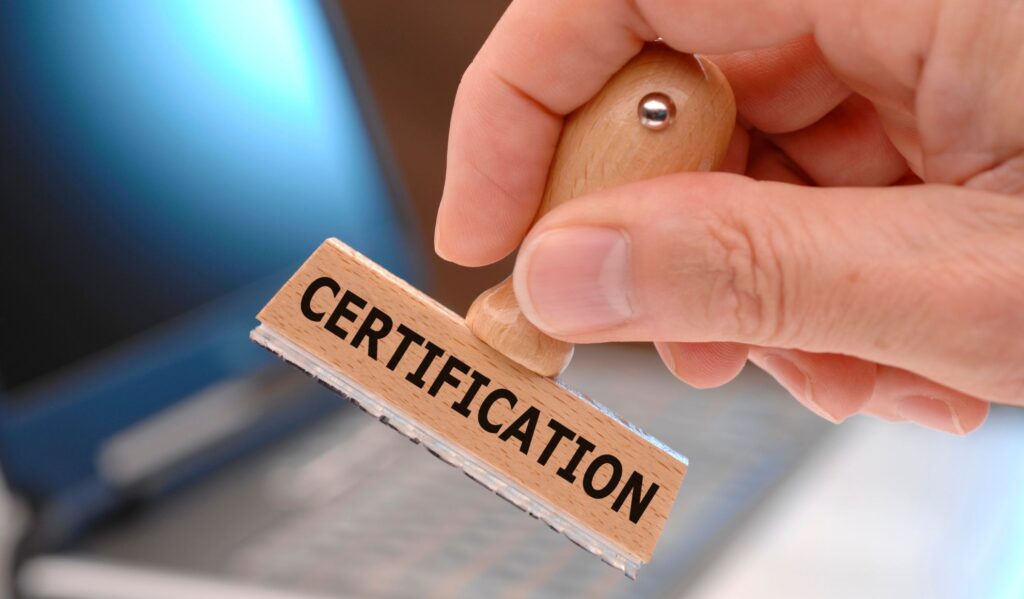All-You-Need-To-Know Guide On Becoming a Business Analyst In 2025
by Abdul Aziz Mondal Business Development Published on: 13 April 2023 Last Updated on: 18 February 2025

As a Business Analyst, you will help organizations improve their overall performance by analyzing their business processes, identifying problems, and developing solutions to those problems.
The role of a Business Analyst is becoming increasingly vital. Subsequently, the rapid technological and operational advancements in the business world are working as a catalyst.
To be a successful business analyst, it’s crucial to have the necessary qualifications and skills, including a certification in business analysis.
In this ultimate guide to launching your Business Analyst career, we will provide you with key details you need to know. Points that will enable you to start your journey toward becoming a certified and successful Business Analyst.
The Essential Skills Of A Successful Business Analyst
To become a successful business analyst, you should develop several essential skills. These skills will help you gather and analyze data, communicate with stakeholders, and create actionable strategies.
Analytical Skills
Business analysts are responsible for analyzing data, identifying trends, and drawing insights. Analytical skills are essential to understanding complex data and using it to make informed decisions.
Communication Skills

Business analysts must be able to communicate effectively with stakeholders, including clients, management, and technical teams. Clear communication is essential to understanding business requirements and creating effective solutions.
Problem-Solving Skills
Business analysts must be able to identify problems, evaluate options, and create solutions. Strong problem-solving skills are essential to ensuring that the business runs smoothly and efficiently.
Project Management Skills
Business analysts often lead projects, so project management skills are essential. These skills include planning, organizing, and managing resources to complete projects on time and within budget.
Technical Skills
Business analysts work with various software and tools to analyze data and create reports. Technical skills, such as database management, coding, and data visualization, are essential to perform these tasks effectively.
The Educational Requirements For A Business Analyst
While there is no specific degree required to become a business analyst, there are several educational paths that can prepare you for the role.
Bachelor’s Degree

Many business analysts have a bachelor’s degree in business administration, computer science, data analytics, or a related field. These programs provide a solid foundation in business concepts, data analysis, and technical skills.
Master’s Degree
While not required, a master’s degree in a related field can provide additional knowledge and expertise. Programs in business administration, data analytics, and project management are popular choices for business analysts.
Certifications

Business analysts can also earn certifications to demonstrate their expertise and knowledge. Certifications in business analysis, project management, and data analysis are widely recognized in the industry.
The Professional Qualifications Needed For A Business Analyst
While educational qualifications are important, several professional qualifications will enhance your chances of landing a job as a business analyst.
Certified Business Analysis Professional (CBAP)
This certification from the International Institute of Business Analysis (IIBA) demonstrates that you have a strong understanding of the business analysis framework and can apply it to real-world scenarios.
Project Management Professional (Pmp)

This certification from the Project Management Institute (PMI) showcases your ability to manage projects effectively, including stakeholder management and risk analysis.
Agile Certification
Agile methodologies are becoming increasingly popular in the business world, and having a certification in Agile can help you stand out as a business analyst. The most popular Agile certificates are the Certified ScrumMaster (CSM) and the Professional Scrum Master (PSM).
Six Sigma Certification
This certification showcases your understanding of process improvement methodologies and your ability to analyze and improve business processes.
How To Build A Successful Business Analyst Resume
Your resume is your first impression on potential employers, and it must showcase your skills and experience effectively. Here are some tips for building a successful business analyst resume:
Tailor Your Resume To The Job

Make sure that your resume highlights the skills and experience most relevant to the job you’re applying for.
Use Action Verbs
Start each bullet point with an action verb, such as “analyzed,” “facilitated,” or “implemented.” This will showcase your ability to take initiative and get things done.
Quantify Your Accomplishments
Whenever possible, use numbers and data to quantify your accomplishments. For example, instead of “improved customer satisfaction,” say “increased customer satisfaction by 20%.”
Highlight Your Technical Skills
As a business analyst, you’ll be expected to have strong technical skills, such as Microsoft Excel proficiency or SQL experience. Make sure that you highlight these skills on your resume.
The Job Search Process For A Business Analyst
Now that you have the necessary skills, education, and qualifications, it’s time to start your job search.
Update Your Resume

Now that you have the necessary skills and qualifications, update your resume to highlight your strengths and experience in business analysis. This will help you stand out from other applicants.
Network
Attend business analyst events and conferences to meet other professionals in the field. Joining professional organizations can also be helpful for networking and staying up to date on industry news.
Apply To Job Postings
Search for business analyst job postings on job boards, company websites, and other online resources. Be sure to tailor your application to each job you apply for, highlighting your relevant experience and skills.
Leverage LinkedIn
LinkedIn is a powerful tool for job seekers, so ensure your profile is current and includes relevant keywords. Connect with recruiters and other professionals in the field to expand your network.
The Interview Process For A Business Analyst
Congratulations, you’ve landed an interview for a business analyst position! Here are some tips to help you prepare. Then again, remember that nobody can prepare you for an interview process.
Hence, follow the points we mentioned but give importance to your faculties. Therefore, let us begin with that note.
Research The Company

Learn as much as possible about the company, industry, and competitors. This will help you understand the company’s goals and how you can contribute to its success.
Review The Job Description
Ensure you understand the job requirements and can speak to your relevant experience and skills. Be prepared to give examples of how you have applied your skills in past roles.
Practice Your Answers
Anticipate common interview questions and practice your answers ahead of time. Be prepared to discuss your strengths, weaknesses, and career goals.
Demonstrate Your Problem-Solving Skills
Business analysts are problem-solvers, so be prepared to give examples of how you have identified and solved complex problems in past roles.
Follow Up
After the interview, send a thank-you note to the interviewer to express your appreciation for their time and reiterate your interest in the position.
Conclusion
In summation, this is what it means to be a business analyst. Therefore, remember the mentioned points if you are looking for a career in this field.
However, always remember that every profession presents its own set of challenges. Therefore, be ready to face those challenges and rise through the ranks.
If you liked this content, please let us know, and follow us for more information. Thank you, and have a great day ahead.
Read Also:



































































































